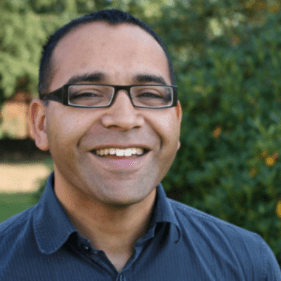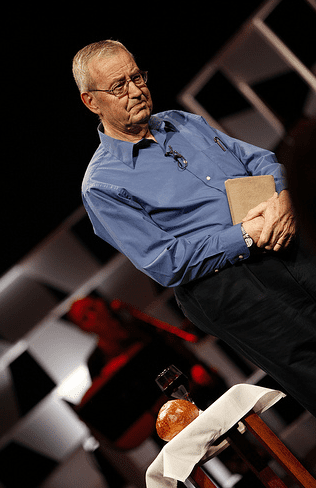From Wintery Knight, who summarizes the conclusions in the debate between ever-debating Bill Craig and ever-willing-to-debate James Crossley. I have found Crossley reasonable in his debates with traditionalists even when I disagree.
What do you think of debates like these? What good do they do? Is this kind of apologetics the best way to “defend” the faith? If not, what is?
William Lane Craig’s conclusion
Supernaturalism:
- None of the four facts are supernatural, they are natural, and ascertained by historians using normal historical methods
- the supernatural part only comes in after we decide on the facts when we are deciding which explanation is the best
- a tomb being found empty is not a miraculous fact
Genre:
- the gospels are not analagous to these rabbinical stories, the purpose and dating is different
Empty tomb:
- what multiple attestation shows is that it was not made-up by Mark
- and the argument was augmented with other criteria, like the criterion of embarrassment and the criterion of dissimilarity
- Judith and Esther are very rare exceptions, normally women were not viewed as reliable witnesses
- if the story was invented, whatever purpose the inventors had would have been better served by inventing male witnesses
- Craig grants that the angel may be an embellishment for the sake of argument, but there are no other embellishments
- the real embellishments occur in forged gnostic gospels in the second and third centuries, where there are theological motifs added to the bare fact of the empty tomb (e.g. – the talking cross in the Gospel of Peter)
- he had no response to the earliest jewish response which implied an empty tomb
Belief in the resurrection:
- there was no way for Jewish people to interpret an appearance as a bodily resurrection before the end of the world, they did not expect that
- they could have imagined exaltation, but not a bodily resurrection
James Crossley’s conclusion
Supernatural explanation:
- as long as there is any other other possible naturalistic explanation, we should prefer that, no matter how unlikely
Creative stories:
- some of these creative stories appear within the lifetimes of the people connected to the events (none mentioned)
Embellishment:
- you should compare to earlier stories when looking for embellishments, not later
- and we don’t have any earlier sources, so we just don’t know the extent of the embellishment
Jewish response:
- they probably just heard about the empty tomb, and didn’t check on it, then invented the stole-the-body explanation without ever checking to see if the tomb was empty or not














